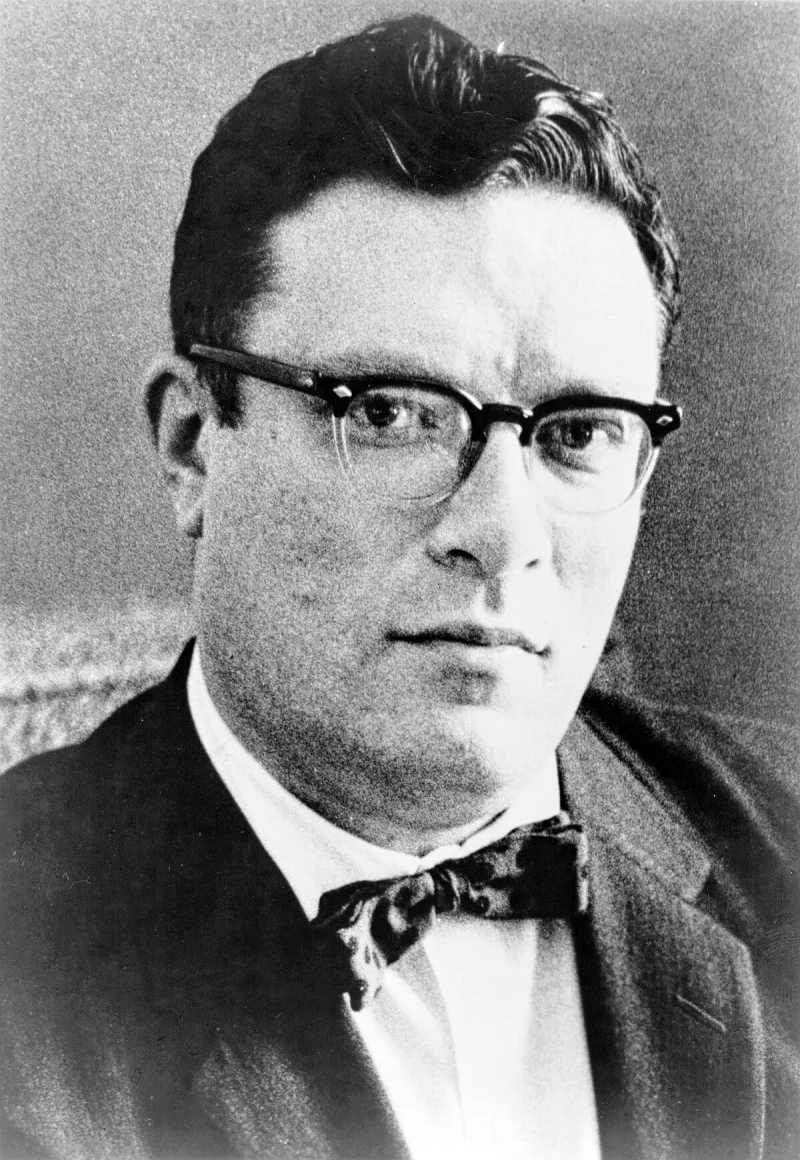Short Summary
Hermann Hesse was a renowned German-Swiss author and poet, celebrated for his profound novels exploring themes of self-discovery, spirituality, and individuality. His most famous works include "Siddhartha," "Steppenwolf," and "The Glass Bead Game." Awarded the Nobel Prize in Literature in 1946, he is remembered for his insightful exploration of the human psyche and his influence on 20th-century literature.
Early Life & Education
Born on July 2, 1877, in Calw, Germany, Hermann Hesse was the son of Christian missionaries. His early years were marked by a struggle between the expectations of a religious upbringing and his own rebellious nature. He attended several schools, including a seminary in Maulbronn, but struggled with formal education, leading to a mental breakdown that saw him leave the seminary. His passion for literature was evident from a young age, influenced by his father's extensive library and the works of German Romantic writers. Despite the challenges, Hesse completed his education through apprenticeships in bookstores, which nourished his literary ambitions.
Career Highlights
Hesse's literary career began in earnest with the publication of "Peter Camenzind" in 1904, which established him as a promising writer. His subsequent works, such as "Demian" and "Siddhartha," delved into themes of self-discovery and spiritual enlightenment, resonating with a wide audience. "Steppenwolf," published in 1927, explored the duality of human nature and became a cult favorite. In 1943, "The Glass Bead Game" was released, which would later earn him the Nobel Prize in Literature. Over his career, Hesse's work was characterized by a blend of Eastern and Western philosophies, reflecting his lifelong quest for understanding and harmony.
Major Achievements
- Published "Siddhartha" in 1922, a novel exploring spiritual enlightenment.
- Released "Steppenwolf" in 1927, examining the duality of human nature.
- Awarded the Nobel Prize in Literature in 1946 for his contributions to literature.
- Author of "The Glass Bead Game," a complex novel set in a utopian future.
- Influenced generations of readers with themes of self-discovery and spirituality.
Famous Quotes
- "Some of us think holding on makes us strong, but sometimes it is letting go."
- "Words do not express thoughts very well. They always become a little different immediately after they are expressed, a little distorted, a little foolish."
Interesting Facts
- Hesse's grandfather was a doctor and a missionary in India, influencing Hesse's interest in Eastern philosophy.
- He was an avid painter, particularly enjoying landscapes, which complemented his writing.
- During World War I, Hesse worked in a library for German prisoners of war.
- He became a Swiss citizen in 1923, reflecting his pacifist beliefs and disillusionment with Germany's politics.
- Hesse's works became especially popular during the 1960s counterculture movement.
Legacy / Influence
Hermann Hesse's legacy endures through his profound exploration of the human condition, blending philosophical and spiritual themes with literary innovation. His works continue to influence readers worldwide, offering insights into personal growth and the search for meaning. Hesse's integration of Eastern and Western thought paved the way for cross-cultural dialogues in literature, securing his place as a pivotal figure in 20th-century literature.
FAQ
Q: Why is Hermann Hesse famous?
A: He is famous for his novels that explore themes of self-discovery and spirituality, such as "Siddhartha" and "Steppenwolf."
Q: What awards did he receive?
A: He received the Nobel Prize in Literature in 1946.
Q: Where was he born?
A: He was born in Calw, Germany.
Q: What influenced his writings?
A: His works were influenced by his religious upbringing, Eastern philosophy, and personal experiences.










